
In a significant development, Tahawwur Hussain Rana, a Pakistani-born Canadian national, has been extradited to India to face charges related to the devastating 2008 Mumbai terror attacks, commonly referred to as the 26/11 attacks. This marks a pivotal moment in India’s pursuit of justice for the 166 lives lost during the coordinated assaults.
Who is Tahawwur Rana?
Tahawwur Rana, born in 1961 in Chichawatni, Punjab, Pakistan, is a former medical doctor who served in the Pakistan Army Medical Corps. After emigrating to Canada in the late 1990s and obtaining citizenship, he settled in Chicago, USA, where he operated an immigration consultancy business . Rana’s name surfaced in global headlines due to his alleged involvement in international terrorism, particularly the 26/11 Mumbai attacks
Rana’s Alleged Role in the 26/11 Mumbai Attacks
The 26/11 attacks were a series of coordinated terrorist assaults carried out by ten members of the Pakistan-based Islamist militant organization Lashkar-e-Taiba (LeT) across Mumbai from November 26 to 29, 2008. Targets included the Taj Mahal Palace Hotel, Oberoi Trident, Chhatrapati Shivaji Maharaj Terminus, and other prominent locations, resulting in 175 fatalities and over 300 injuries .
Investigations revealed that Rana’s immigration business was allegedly used as a front by his associate, David Coleman Headley, to conduct reconnaissance missions on potential targets in Mumbai. Headley, an American national of Pakistani origin, confessed to his role in planning the attacks and testified that Rana was aware of and facilitated his activities .
While Rana was acquitted in the U.S. of charges directly related to the Mumbai attacks, he was convicted in 2011 for plotting an attack on a Danish newspaper and sentenced to 14 years in prison .
The Extradition Process
India formally requested Rana’s extradition in 2020, citing his involvement in the 26/11 attacks. After a prolonged legal battle, including appeals up to the U.S. Supreme Court, the extradition was approved. Former U.S. President Donald Trump announced the decision during a joint press conference with Indian Prime Minister Narendra Modi, emphasizing the commitment to bring perpetrators of terrorism to justice .
Rana’s extradition is notable as it represents the first instance of a terrorism suspect being extradited from the U.S. to India, highlighting the strengthening of bilateral cooperation in counter-terrorism efforts .
Suicide Watch and Attempt in Custody
Soon after his arrival in India, Rana was placed under suicide watch in the custody of the NIA. According to an NDTV report, the move came after he made a suicide attempt. Authorities have taken strict precautions, including providing him with only soft-tip pens to prevent self-harm.
He is currently lodged in a secure NIA facility, and his psychological condition is under continuous observation. Sources indicate that his mental health and past medical history—he reportedly suffers from Parkinson’s disease and has an abdominal aneurysm—are being closely monitored to ensure his safety during interrogation and detention.
This situation has raised humanitarian concerns, especially considering Rana had earlier cited fears of torture and ill-treatment in Indian custody due to his background as a Pakistani Muslim and a former military man.
India’s Legal Proceedings and International Implications
Upon arrival in India, Rana was taken into custody by the National Investigation Agency (NIA), which is leading the probe into his alleged involvement in the 26/11 attacks. He faces charges including conspiracy to wage war against India, murder, and terrorism-related offenses.
Rana’s extradition underscores India’s persistent efforts to hold accountable those responsible for the Mumbai attacks and serves as a message to international collaborators of terrorist activities. It also reflects the evolving dynamics of international law enforcement cooperation in addressing global terrorism.
Conclusion
The extradition of Tahawwur Rana to India marks a significant milestone in the pursuit of justice for the victims of the 26/11 Mumbai attacks. As legal proceedings unfold, the case will continue to draw international attention, highlighting the complexities of transnational terrorism and the importance of global collaboration in combating such threats.
Read more: Trump Tariff Explained: How Trump’s Trade Policies Impact Daily Life Across the Globe






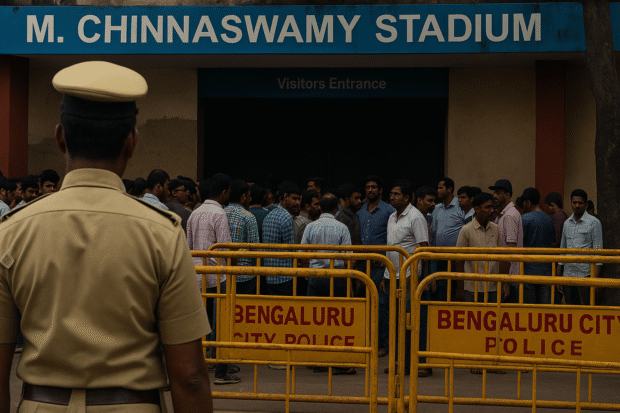
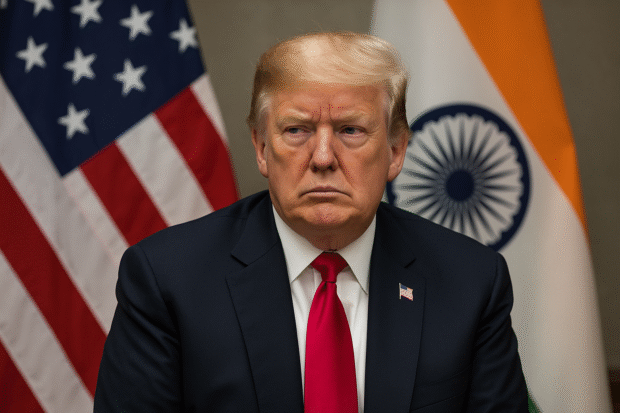
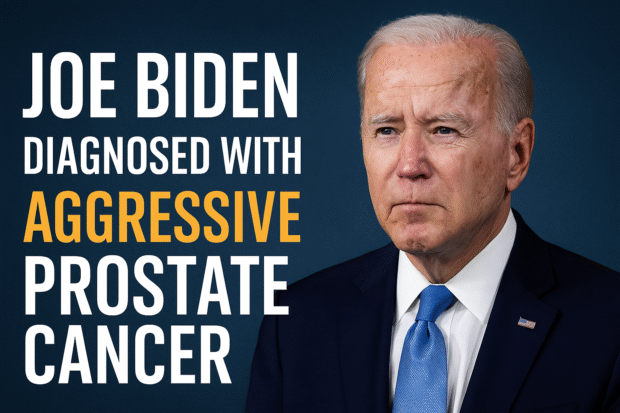
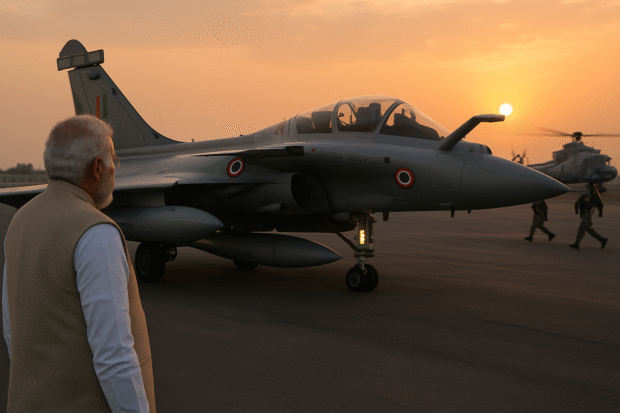
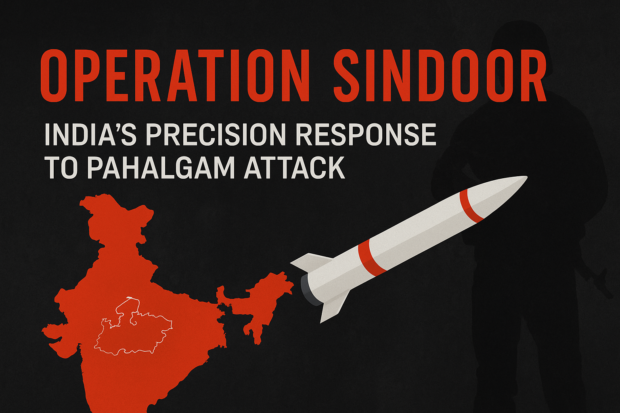



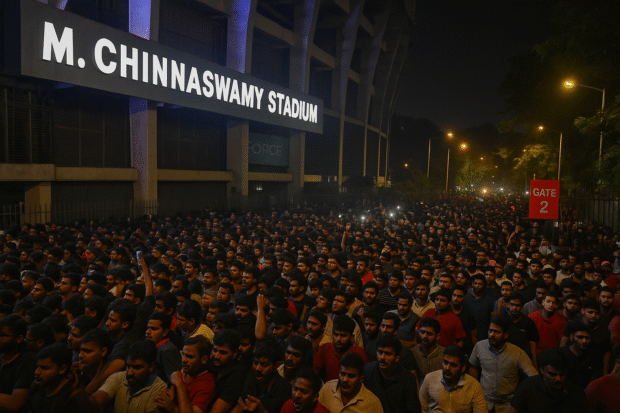

Be the first to leave a comment